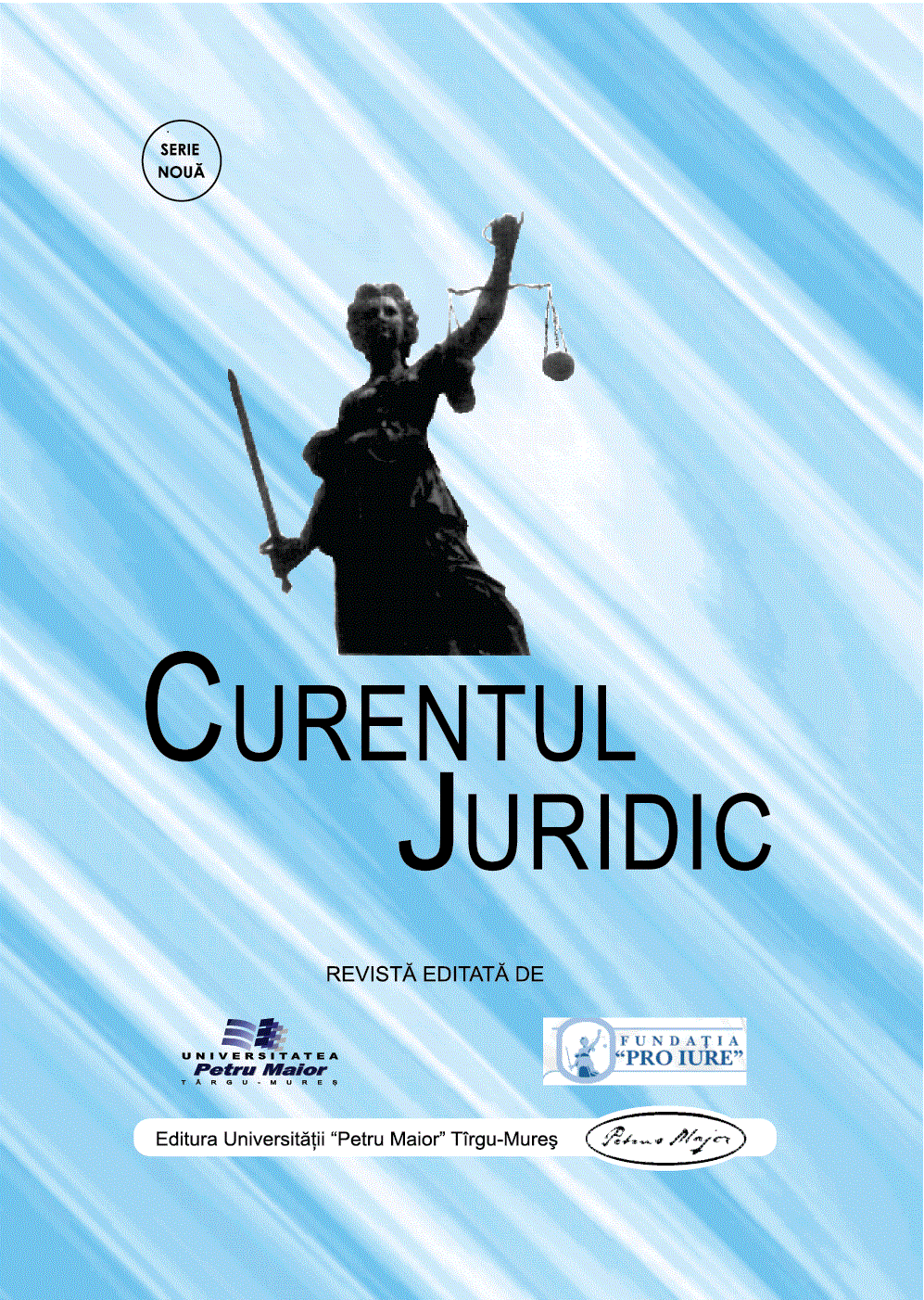THE CRIMINALIZATION OF CHILD PORNOGRAPHY: THE PROBLEM OF ENSURING A BALANCE BETWEEN FUNDAMENTAL HUMAN RIGHTS
AND PUBLIC ORDER AND MORALS
THE CRIMINALIZATION OF CHILD PORNOGRAPHY: THE PROBLEM OF ENSURING A BALANCE BETWEEN FUNDAMENTAL HUMAN RIGHTS
AND PUBLIC ORDER AND MORALS
Author(s): Gabriela-Aura FodorSubject(s): Law, Constitution, Jurisprudence, Criminal Law
Published by: Editura Universităţii Petru Maior
Keywords: child pornography; freedom of expression; private life; rights of the child; artistic creation
Summary/Abstract: Protecting human rights has been the focal point of international legislation for the past years, criminal provisions being often under scrutiny, since they are the ones that, by their very nature, can prove most intrusive in this area. Without questioning the severe nature of the crime of child pornography, it is important to observe the way in which social or moral norms can influence the line between which action can be considered to be within the bounds of legal exertion of basic rights and which is a transgression. It has been established that freedom of expression includes even subjects that can shock and while some materials formally fulfill the requirements to be considered pornographic, at the same time they might present artistic and scientific value, preventing such a classification. A balance must be ensured to properly apply the legal norm, but at the same time to prevent the stifling creative manifestations. Also, certain issues may be raised regarding the right to the protection of private life, since the actions of a person while in the privacy of his own home or in other place that cannot be considered as public may only be sanctioned if justified under specific conditions.
Journal: Curentul Juridic
- Issue Year: 68/2017
- Issue No: 1
- Page Range: 107-115
- Page Count: 9
- Language: English

